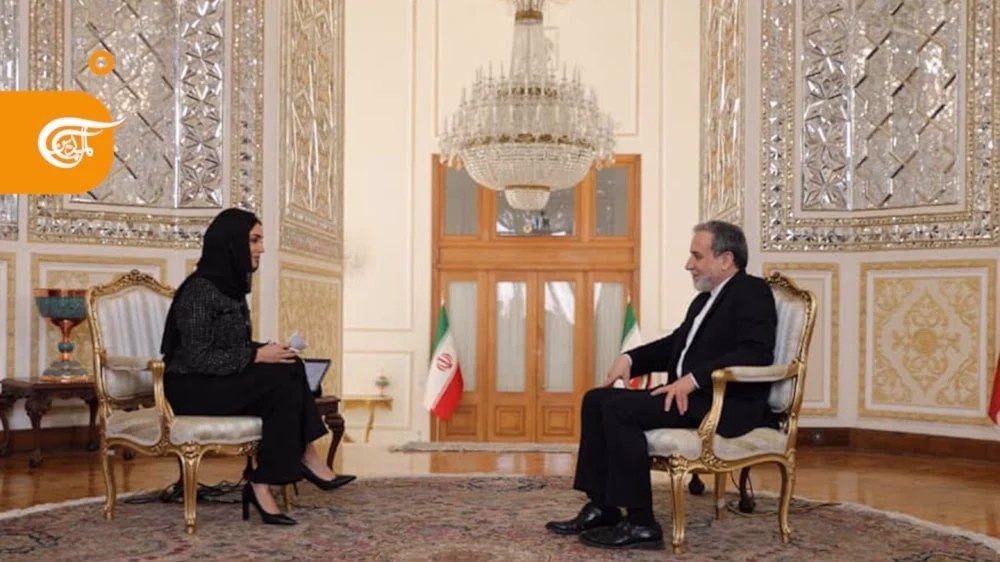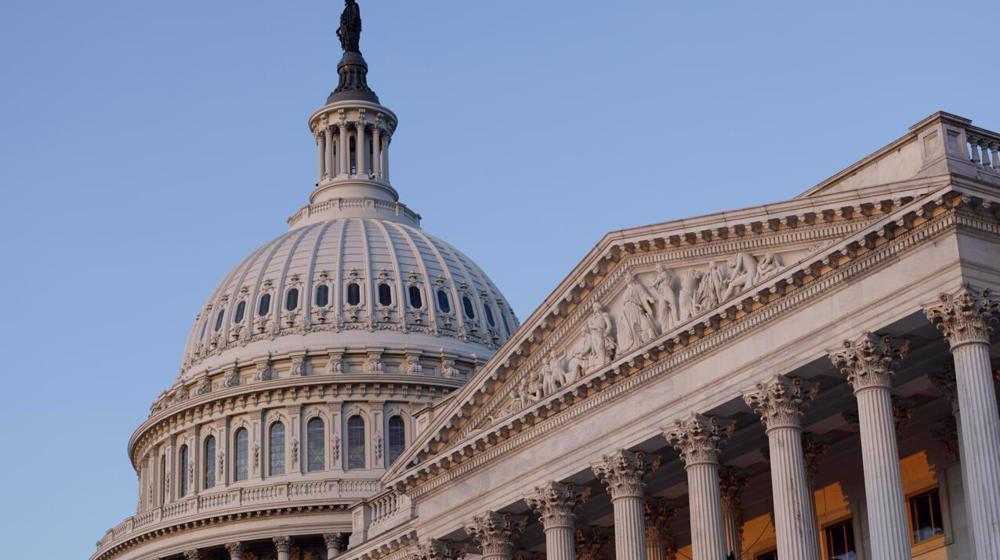Palestinian lives matter and not just when they are lost
Palestine has never been the same since the 1917 Balfour Declaration, by which the British government allowed “the establishment in Palestine of a national home for the Jewish people,” with daily violence highlighted when the plight of Palestinians living under the Israeli occupation is referred to in recent history.
Daily reports of violence, however, should not make the disturbing aspects of normal life under the Zionists' occupation seem any less important.
From minor attacks on Palestinian residents in different parts of the country to several full-scale wars, killing and injuring civilians are part and parcel of the nation’s contemporary narrative.
In its latest aggression on Gaza Strip alone, the Israeli regime forces claimed the lives of nearly 2,200 Palestinians, including 577 children, according to the United Nations figures.
Apart from all-out wars, violence in individual incidents under the Israeli rule is a part of the Palestinian people’s daily life, with hundreds of cases registered every year, frequently blamed on Palestinians by Tel Aviv.
Human lives matter or at least that is what we are made to believe in by taking a look at news websites, most of which are replete with reports of human fatalities over various reasons.
As sensitive intelligent creatures, we humans associate ourselves with the victims, imagine ourselves in the shoes of an assailant, and judge; our hearts could go out to those having lost their loved ones while we could feel outraged at the perpetrator.
This is all common and part of who we are as humans, capable of empathy, a feature that could also be used in the world of media to manipulate us.
In the case of the Palestinians’ sufferings, sound judgment makes any human being feel sorry to some extent for those falling victim to Israeli crimes no matter how it happened, shot dead by a single heavily-militarized soldier, starved nearly to death to make a voice heard, or made homeless by the regime’s bulldozers.
The plight of Palestinians, however, far surpasses the violence mostly highlighted by human rights and Islamic outlets while sporadically reported by the Western media.

Daily life under occupation has yielded a whole lot of troubles for the Palestinian people, which they have to deal with on a daily basis, while their sufferings going under-reported.
Take water for example, a basic right and necessity for every living creature. The Zionist regime has limited the Muslim nation’s access to water resources, shrinking water consumption of people in the West Bank in 2014 to 21 liters less than the 100-liter minimum figure per capita per day, recommended by the World Health Organization (WHO).
The regime has also granted illegal Israeli settlers exclusive access to many water springs in Palestinian territories, making life a misery for farmers who depend on their crops for a living.
This is while the regime is making $300 million every year out of the European export of goods, produced by profitable enterprises set up in over 230 settlements, regarded illegal by the UN and most of the world countries.
The regime’s nearly 100 fixed checkpoints in the occupied West Bank are also put in place to insure that movement remains a grueling task for Palestinians on their own land.
On the other side of the spectrum, Tel Aviv does not spare any efforts to irritate Palestinians by depriving them of less immediate needs, for instance by not providing them with 3G Internet and keep their connectivity speed one of the slowest on earth.
However, decades of systematic crackdown by the occupying forces have taught Palestinian generations that resistance remains the sole method to nullify the regime’s inhumane tactics.
Many activists assert that it is time to pay more attention to resistance against the occupation of Palestine if the world is actually serious about ending the Israeli aggression in the region.
“I believe that the most important thing is to understand that if we don't pay attention to these efforts, they are invisible, and it's as if they never happened,” said Brazilian documentary filmmaker Julia Bacha in a 2011 Ted Talk.
In her Talk, which followed eight years of documenting the situation in Palestine, Bacha recounts the story of the Palestinian town of Budrus, whose people managed to force the regime through peaceful means not to grab nearly half of their town for the sake of constructing the annexation wall as planned.
Israel's illegal move to construct a separation wall sparked outrage among Palestinian officials and residents as well as peace activists across the globe.
The Palestinians, however, mounted a 10-month protest to stop the wall from being built on their olive groves, which would have occupied 40 percent of their land and cut their access to the rest of the West Bank.
“Through inspired local leadership, they launched a peaceful resistance campaign to stop that from happening,” she says.
Bacha highlights the “the power of attention” to the Palestinian resistance, which would ultimately result in multiplication of nonviolent methods to bring about change for the Muslim people, whose lives matter and must not be lost.
“If they multiply, their influence will grow in the overall Israeli-Palestinian conflict. And theirs is the kind of influence that can finally unblock the situation. These leaders have proven that nonviolence works in places like Budrus. Let's give them attention so they can prove it works everywhere.”
VIDEO | Press TV's news headlines
Iran FM: Response to Israeli aggression 'inevitable'
VIDEO | Iran eases the rules for exporting hand-woven carpets
VIDEO | Intl. Day for the Elimination of Violence against Women: A stark reminder of Gaza women
Australia denies ex-Israeli minister Shaked visa
VIDEO | 85% of Yemeni displaced people face daily hunger crisis
US House passes bill targeting charities and pro-Palestine groups
VIDEO | Supporting Gaza genocide










 This makes it easy to access the Press TV website
This makes it easy to access the Press TV website